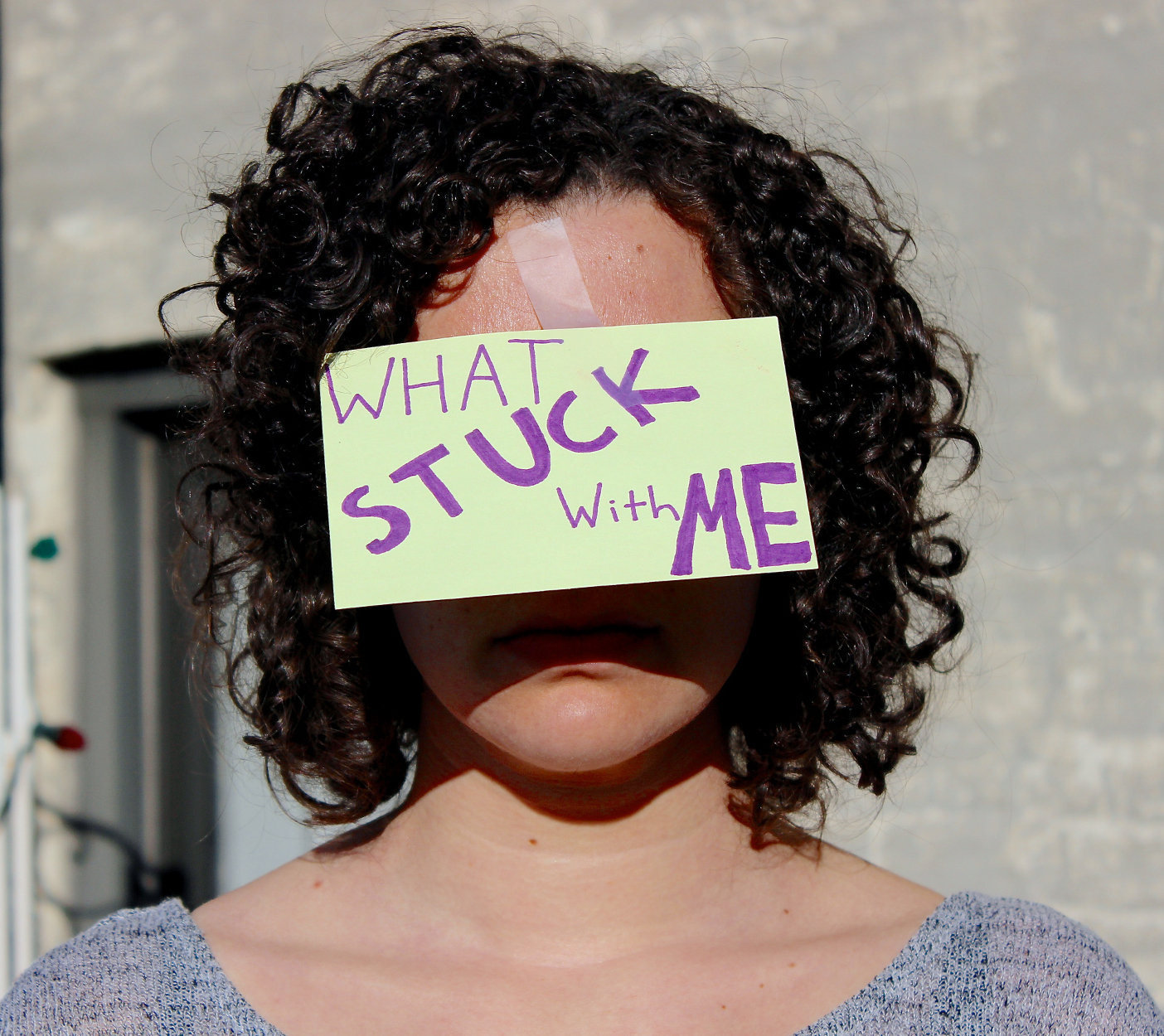"You're too miserable."
/Said to me by my best middle school friend, who would often sit me down and confront me about all of the things that were wrong with me.
Before I met her, I was a happy-go-lucky kid. If she perceived me as being miserable, it was only because her presence made me miserable.
Of course, at the time, I couldn't recognize this, and I took her comment to heart, thinking that this was just another part of me that was inherently bad or inadequate.
